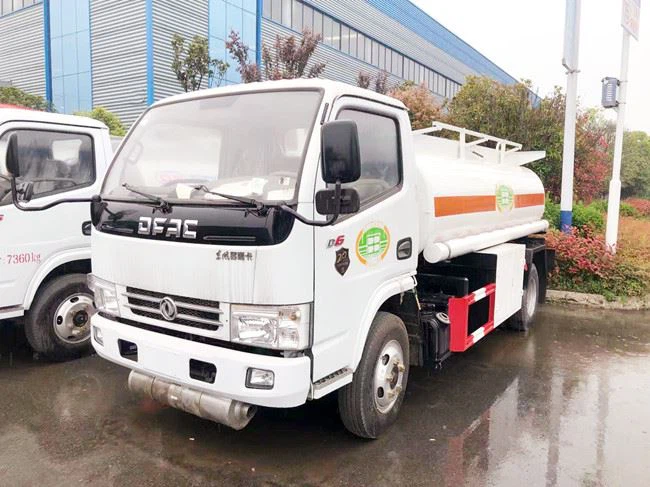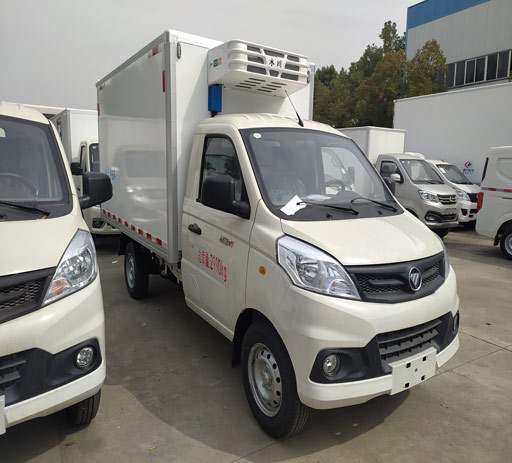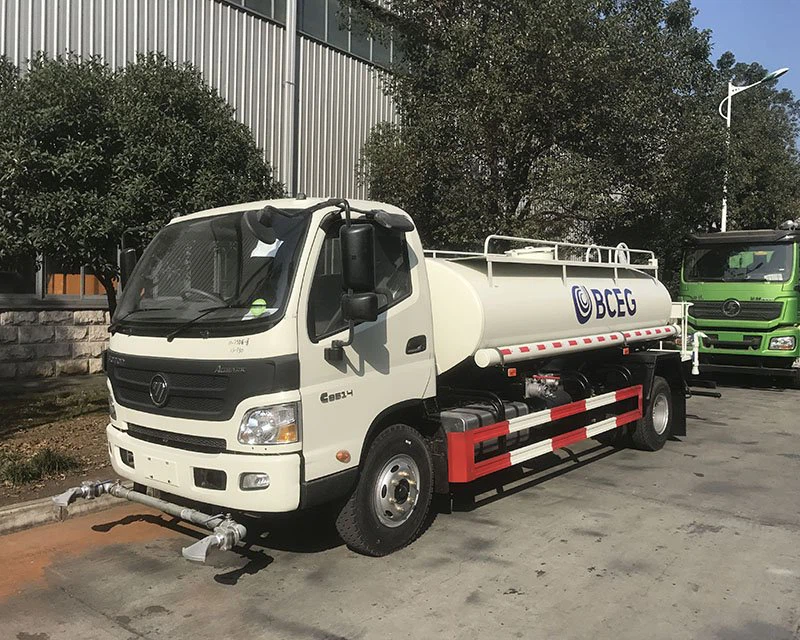Best Time of Year to Buy a Camper: Complete Guide

When it comes to purchasing a camper, timing can make a significant difference in both price and selection. The right time can lead you to great deals, while the wrong time might leave you overpaying or with limited options. In this article, we will cover everything you need to know about the best time of year to buy a camper, ensuring you make the most informed decision.
Understanding the Camper Market

Before diving into specific months or seasons, it’s essential to have a basic understanding of how the camper market operates. The market is influenced by various factors, including manufacturing cycles, dealer inventory, and consumer demand.
The Seasonal Nature of Camper Sales
Camper sales typically follow a seasonal pattern. Understanding this cycle can help buyers spot the best times to purchase a camper. The camper industry generally sees two primary seasons: Spring and Fall.
Spring Season
The spring season marks the start of camping adventures for many enthusiasts. As it approaches, manufacturers ramp up production, and dealers stock their lots in anticipation of increased demand.
Fall Season
Fall usually signals the end of camping season. Many dealers want to clear their inventory to make room for next year’s models, making it an excellent time for bargain hunters.
Best Time of Year to Buy a Camper
Determining the best time of year to buy a camper involves analyzing several periods throughout the calendar year. Below, we break down the months that offer the best opportunities for buyers.
1. End of Winter (January to March)
As winter fades, many dealerships begin to clear out their existing stock. This is a strategic time to buy because dealers are eager to make sales before the camping season starts.
- Look for manufacturer incentives and discounts.
- Check for special promotions on new models.
2. Late Fall (October to December)
After the summer camping rush, many campers are left unsold. Dealers often hold sales events to clear out inventory, making it an ideal time to negotiate deals on both new and used campers.
- Take advantage of year-end sales.
- Consider last year’s models for added savings.
3. Key Holiday Sales Events
Holidays such as Labor Day, Memorial Day, and Black Friday often bring significant discounts. Dealerships aim to attract buyers with special promotions during these key retail periods.
- Labor Day and Memorial Day: Often coincide with end-of-summer sales.
- Black Friday: Check for rare promotions, even on campers.
Types of Campers: Which is Best for You?
Understanding the different types of campers available can help narrow down your choices. Below we categorize campers by type, each catering to specific needs and budgets.
1. Travel Trailers

Travel trailers are versatile and affordable, making them a popular choice for many families. They vary in size and layout, allowing for flexibility in selection.
2. Class A Motorhomes
These are the luxury options in the camper world, providing ample space and amenities. However, they tend to come with a higher price tag.
3. Popup Campers
Ideal for beginner campers or those with limited storage space, popup campers are compact, easy to tow, and often come at lower prices.
4. Fifth-Wheel Trailers
Fifth-wheels are larger and require a special hitch. They offer significant living space and comfort but are not suitable for all towing vehicles.
Where to Buy Your Camper
Knowing where to look for the best deals on campers can save you time and money. There are several options available that you should consider when purchasing your camper.
1. Dealerships
Visiting local dealerships can give you insight into what new models are available. Watch for discounts or trade-in offers. Be prepared to negotiate!
2. Private Sellers
Buying from individuals can often yield a lower price. Websites like Craigslist, Facebook Marketplace, and RVTrader are excellent places to find listings.
3. RV Shows
Attending RV shows can provide a plethora of options under one roof. You also gain the benefit of talking directly with manufacturers and dealers.
4. Online Marketplaces
Many online platforms specialize in camper sales. Always read reviews and check ratings to ensure a trustworthy transaction.
Negotiating the Best Price
Once you’ve found a camper you like, negotiating is key to getting the best deal. Here are some practical tips:
1. Research Comparable Sales

Look into how much similar campers are selling for. This context can provide leverage in negotiations.
2. Inspect the Camper Thoroughly
Check for any damage or necessary repairs that could influence the price. Mentioning any issues can be a negotiating point.
3. Be Prepared to Walk Away
If the price isn’t right, don’t hesitate to walk away. It shows the dealer you have options and may prompt a better offer.
4. Negotiate for Extras
If the seller is firm on the price, consider negotiating for additional items, such as accessories or warranties.
Financing Your Camper Purchase
Financing can be a substantial aspect of purchasing a camper. Here are some tips for navigating this process.
1. Check Your Credit Score
Your credit score will significantly affect your financing options. Ensure your credit report is clean before applying for a loan.
2. Shop Around for Loans
Don’t settle for the first loan offer. Compare rates from banks, credit unions, and other financial institutions to find the best deal.
3. Consider a Down Payment
A larger down payment can lower your monthly payments and make you less reliant on high-interest financing terms.
Maintenance Costs and Long-term Considerations
Owning a camper goes beyond the initial purchase price. It’s important to consider long-term expenses.
1. Regular Maintenance
Plan for routine maintenance to ensure longevity. This includes checking seals, tire pressure, and brakes.
2. Storage Costs
If you don’t have room to park your camper at home, consider storage fees when budgeting for your camper.
3. Insurance
Insuring your camper is essential. Research various policies and consider factors like replacement costs and coverage limits.
FAQ: Common Questions About Buying a Camper
1. What is the best month to buy a camper?
The best months to buy a camper tend to be January through March, and October through December when dealerships are eager to reduce inventory.
2. Are used campers a good investment?
Yes, used campers can be a great investment as they often come at a lower price and depreciation is less than new models.
3. How can I finance my camper?
You can finance your camper through banks, credit unions, or dealership financing options. Ensure you compare rates to find the best deal.
4. What should I look for when buying a used camper?
Check for signs of wear and tear, inspect the roof and seals, examine the interior for damage, and request service history if available.
5. Is it cheaper to buy a camper in the winter?
Generally, yes. Buying in the winter allows you to take advantage of clearance sales as dealerships prepare for new inventory.
6. What is the average lifespan of a camper?
The average lifespan of a camper varies, but with proper care, many can last 10-20 years or more.
